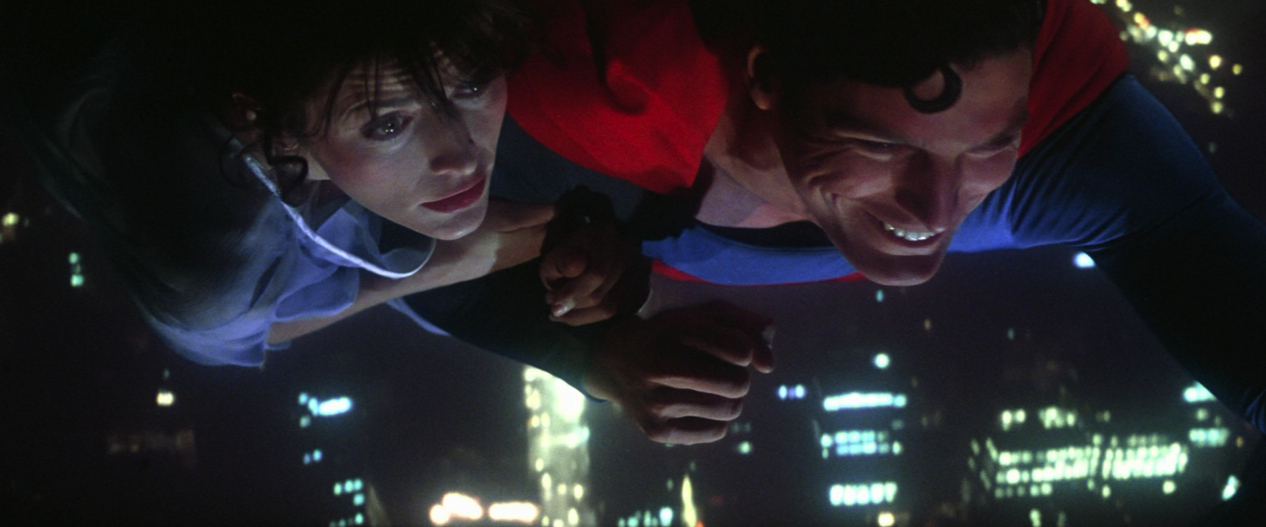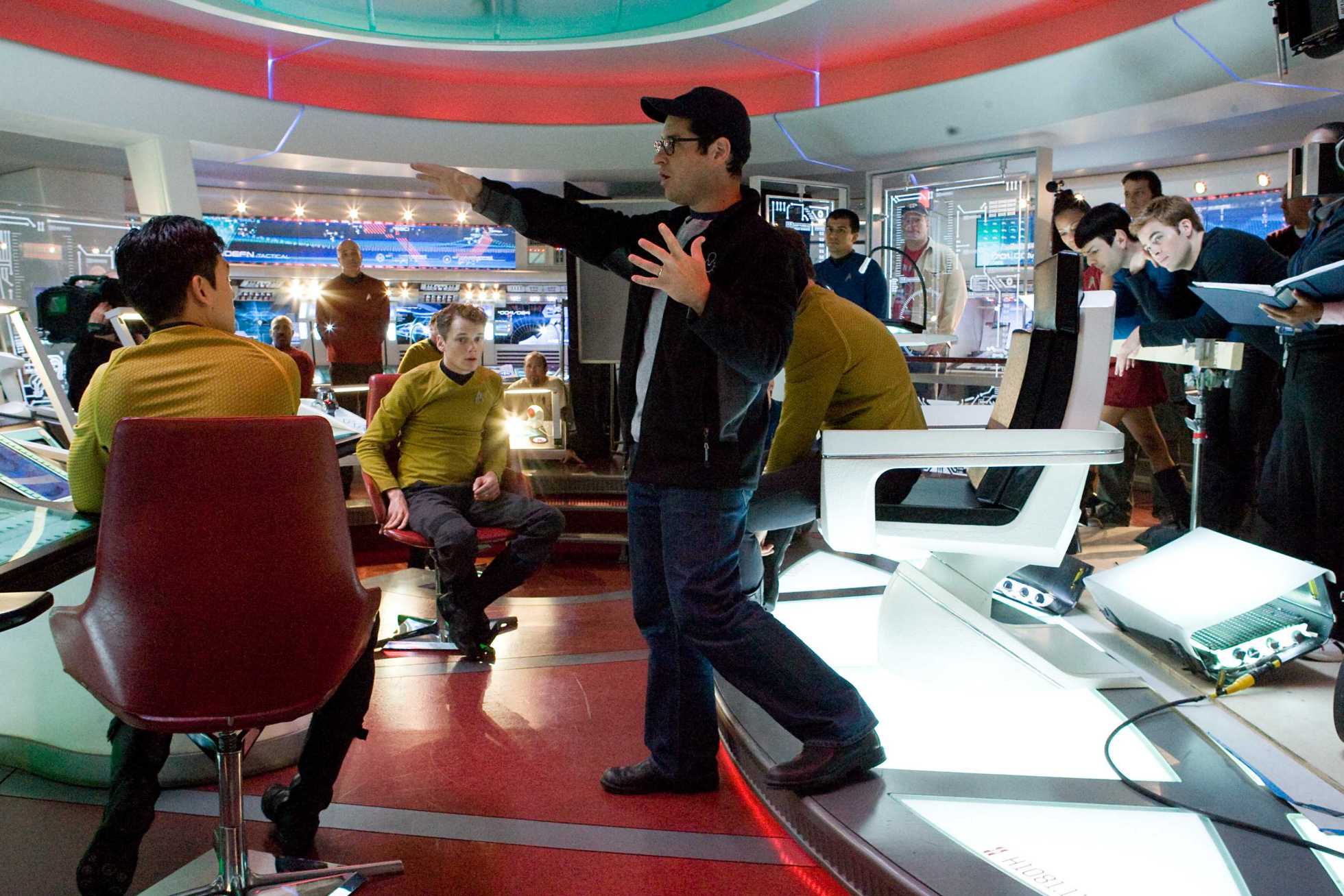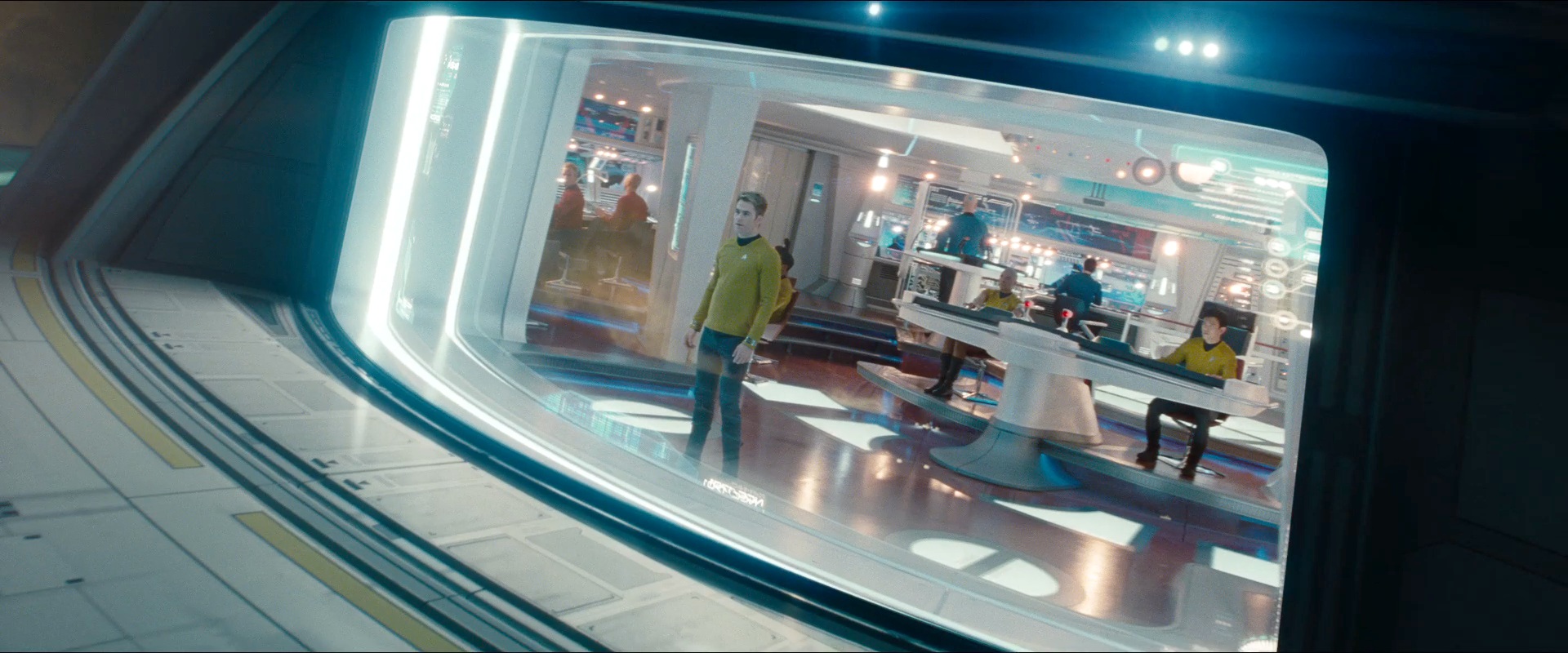For the past few weeks I’ve been detoxing from a Star Trek overdose by diving into
superhero mythology. After reading a bunch of comics and watching cartoons, TV
shows, and movies I’ve realized that empathy is the most important part of a
superheroes's psychology. And there is no one more empathetic than Superman.
Empathy Leads to Helping
Empathy helps us understand what others are thinking and feeling. When someone is suffering, empathy leads to sympathy (a concern for others). Combine sympathy with a sense of responsibility to do something, and you get altruistic (helping) behavior. Empathy is so vital to our survival that we have specialized brain cells called mirror neurons that replicate the experiences we see in other people.
Superman uses empathy to understand the frightened face of a Metropolis citizen, realize they're in danger, and feel enough sympathy to come to their rescue. Without empathy, Superman would just ignore people in need of help.
Humans experience different degrees of empathy. Some struggle to understand the motivations of others and have less mirror neuron activity (like those diagnosed with Autism). So what is it about Superman that allows him to have super-empathy?
Temperament
Temperament is a big part of empathy. Two important parts of temperament are how strongly you react to your environment and how long it takes you to calm down. Children who can control their emotions are more empathetic and experience more sympathy. Think about the last time you were really angry – being clouded by very strong feelings probably made it very hard to even think about what other people around you were feeling. While genetics heavily influence your temperament, the environment in which you grow up also plays a major role.
A healthy temperament is important to the origin of all superheroes. Clark Kent's adopted parents, Jonathan and Martha Kent, taught him the importance of patience, emotional control, diligence, and encouraged him to help others. Superman had the power to hurt others as a child, but he didn't because his genes and his parents helped him develop a calm temperament.
Compare that with the budding supervillian from Looper – the Rainmaker. He was overwhelmed by his emotions, acted immediately without thinking, and couldn't develop empathy for anyone outside of his caregivers. Combine this type of temperament with extraordinary telekinetic powers and you've got a very dangerous situation.
The Developing Teenage Brain
As adolescence begins, parents play an increasingly important role in shaping the temperament of their children because teenage brains are rapidly changing.
After puberty, the teen brain becomes wired to overestimate rewards. As a result, teens respond very quickly to new information in their environment. That's why we learn so quickly as teens and why teens are vulnerable to becoming addicted to drugs, video games, and other pleasurable stuff. At the same time, the region responsible for planning, understanding consequences, and controlling emotions is still being built (and isn't complete until our 20s). This explains why teens do stupid things - their brains are wired to have an accelerator but no brake. Too much acceleration, too little braking, and you don’t get much concern for others.
While this type of development helped humans become the smartest species on the planet, it requires supportive parenting during the adolescent years. Teens need opportunities for real-life successes and failures under the protection and supervision of adults. Otherwise, teens never learn how to apply the brake.
To see how Clark learned to regulate himself and avoided becoming a delinquent, check out the TV show Smallville. I’m not a fan of the monster of the week storylines, but I loved how the Kents epitomize the type of parents teenagers need. They listened to Clark, encouraged him to explore his Kryptonian identity, placed appropriate limits on his powers, implemented consequences when he broke the rules, and expressed their love and concern for him. This helped Clark master his superpowers (accelerator) without getting himself into too much trouble (brake).
To see what happens when parents of teens with superpowers are too strict, absent, or permissive, check out last year’s Chronicle. This fantastic film accurately depicts the tension between rewards and consequences in teenage brains. The teens became addicted to developing their powers (accelerator) but were grossly underprepared to deal with the repercussions of their actions (brake). I won't ruin the story for you, but let's just say things don't end well. You can't completely blame their moms and dads, but you gotta wonder what would have happened to them if their parents were more like the Kents.
Connection to Humanity
One of the biggest criticisms of Superman is that he's too unrealistic, a boring do-gooder with no real personality depth or failures.
Critics point to Watchman's Dr. Manhattan as a more realistic god-like "super-man". Dr. Manhattan has almost no humanity, no empathy, and doesn't worry about killing humans or letting people die. He can manipulate matter (including his own body), has a non-linear perspective of time, sees parallel universes, and is almost devoid of emotions. He doesn't look human, think like a human, and has developed a “callous-unemotional” personality. He's described as "[knowing] how everything in this world fits together except people."
And that's exactly why the comparison doesn't work. Superman spent his whole life developing a connection to humanity. Unlike Dr. Manhattan, Superman looks like one of us (the more something looks like us, the more empathy we have for it). He thinks, feels, and acts like humans. He lost his biological parents because their planet was destroyed and he spends each day of his life ensuring the same thing doesn't happen to the people of Earth. That’s a lot of sympathy!
Yes, Superman's almost too perfect, but he gives us something to aspire to – the idea that anyone who develops a connection to their community is capable of incredible acts of heroism.
This is what I'm hoping to see in Man of Steel - a film that recaptures our connection to the Superman (something the past three films failed to do). If the story focuses on Clark’s loneliness as the last son of Krypton, the humanity of Jonathan and Martha Kent, and Superman’s sympathy for humans, it’ll be successful in rekindling our empathy for this superhero.

















